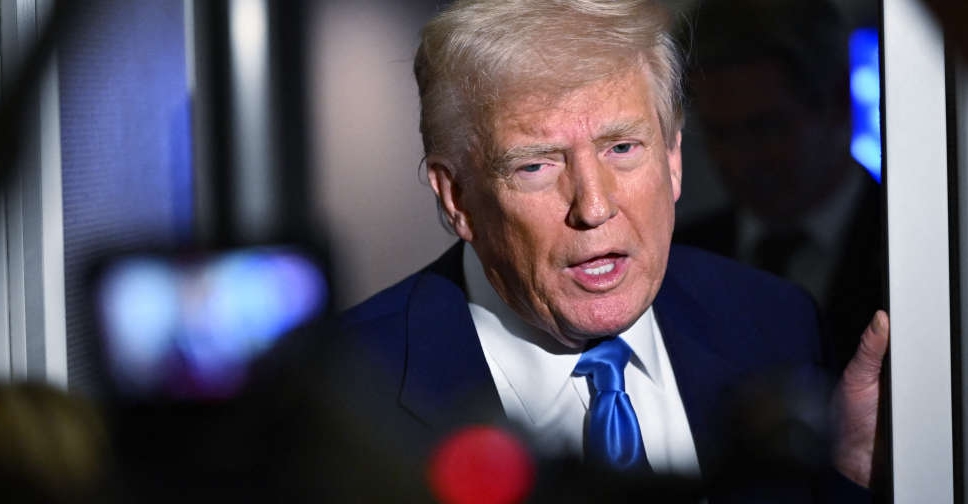
US President Donald Trump warned foreign governments they would have to pay "a lot of money" to lift sweeping tariffs, characterising the duties as "medicine" and triggering further carnage across global financial markets on Monday.
Asian stocks posted steep losses in early trading and US stock market futures opened sharply lower as investors registered concerns that Trump's tariffs could lead to higher prices, weaker demand, lower confidence and potentially a global recession.
Speaking to reporters aboard Air Force One on Sunday, Trump indicated he was not concerned about losses that have already wiped out trillions of dollars in value from share markets around the world. "I don't want anything to go down. But sometimes you have to take medicine to fix something," he said as he returned from a weekend of golf in Florida.
Trump said he had spoken to leaders from Europe and Asia over the weekend, who hope to convince him to lower tariffs as high as 50 per cent due to take effect this week. "They are coming to the table. They want to talk but there’s no talk unless they pay us a lot of money on a yearly basis," Trump said.
Trump's tariff announcement last week jolted economies around the world, triggering retaliatory levies from China and sparking fears of a global trade war and recession.
Investors and political leaders have struggled to determine whether Trump's tariffs are here to stay, or part of a permanent new regime or a negotiating tactic to win concessions from other countries.
On Sunday morning talk shows, Trump's top economic advisers sought to portray the tariffs as a savvy repositioning of the US in the global trade order.
Treasury Secretary Scott Bessent said more than 50 nations had started negotiations with the US since last Wednesday's announcement. Commerce Secretary Howard Lutnick said on CBS News' 'Face the Nation' the tariffs would remain in place "for days and weeks".
Japan, one of Washington's closest allies in Asia, is among countries hoping to strike some deal but its leader Shigeru Ishiba said on Monday results "won't come overnight".
Investors, however, are not hanging around.
As Ishiba spoke in parliament, Tokyo's Nikkei cratered to a 1-1/2-year low, led by stocks in the country's banks - some of the biggest lenders by assets globally - which have shed almost a quarter of their market value over the last three trading days.
The broad market sell-off seen on Monday comes as investors wagered that the mounting risk of recession could see US interest rates cut as early as May.
White House economic adviser Kevin Hassett sought to tamp down concerns that the tariffs were part of a strategy to pressure the US Federal Reserve to lower interest rates, saying there would be no "political coercion" of the central bank.
JPMorgan economists now estimate the tariffs will result in full-year US gross domestic product declining by 0.3 per cent, down from an earlier estimate of 1.3 per cent growth, and that the unemployment rate will climb to 5.3 per cent from 4.2 per cent now.
Billionaire fund manager Bill Ackman, who endorsed Trump's run for president, said Trump was losing the confidence of business leaders and warned of an "economic nuclear winter" unless he called a time out.




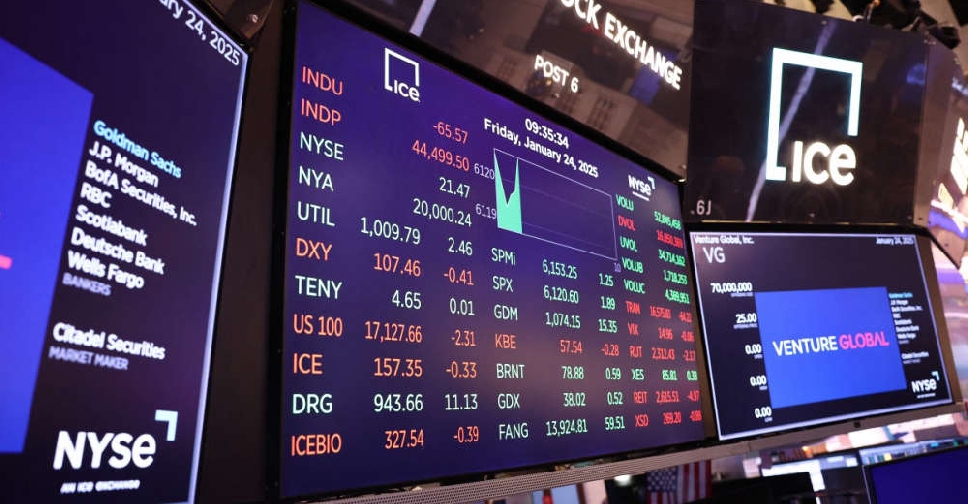 S&P 500 nears bear market as Trump's tariffs hammer stocks
S&P 500 nears bear market as Trump's tariffs hammer stocks
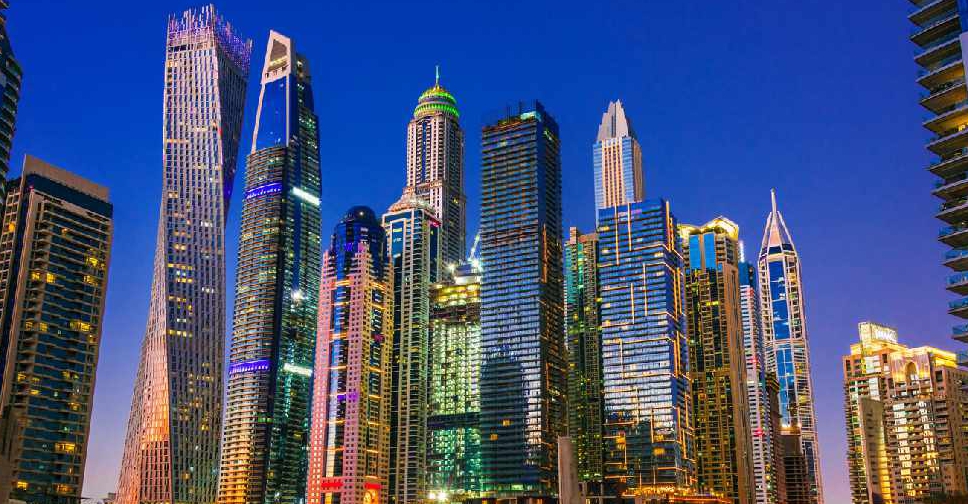 UAE tourism generates AED 45 billion in hotel revenues in 2024
UAE tourism generates AED 45 billion in hotel revenues in 2024
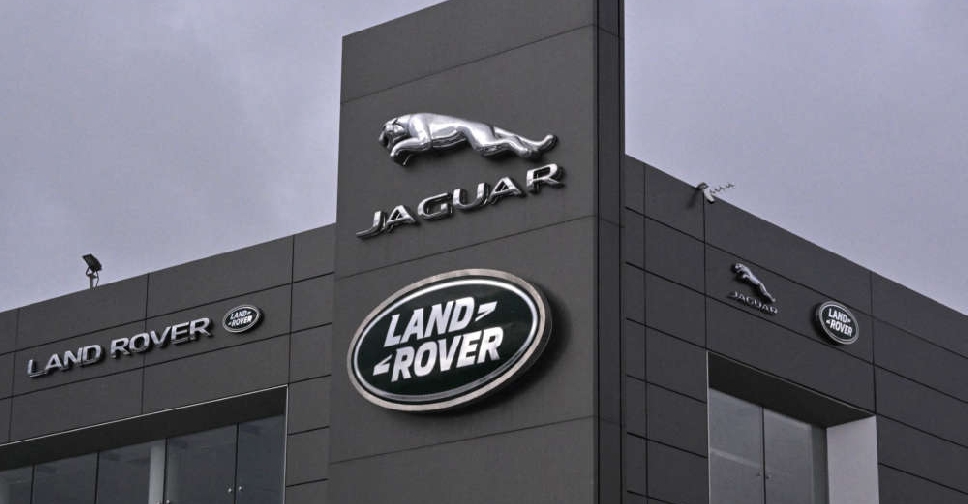 Britain to relax EV targets as automakers reel from tariffs
Britain to relax EV targets as automakers reel from tariffs
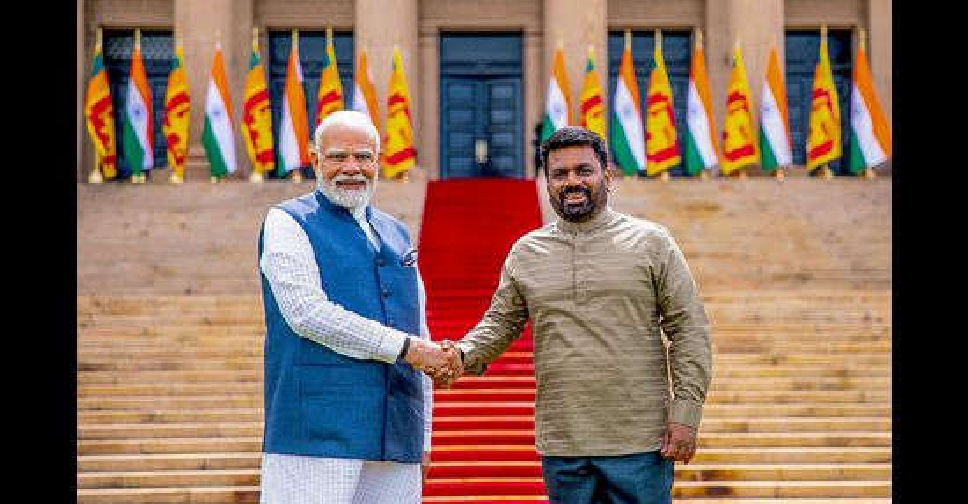 UAE, India, Sri Lanka sign deal to develop Sri Lanka into energy hub
UAE, India, Sri Lanka sign deal to develop Sri Lanka into energy hub
